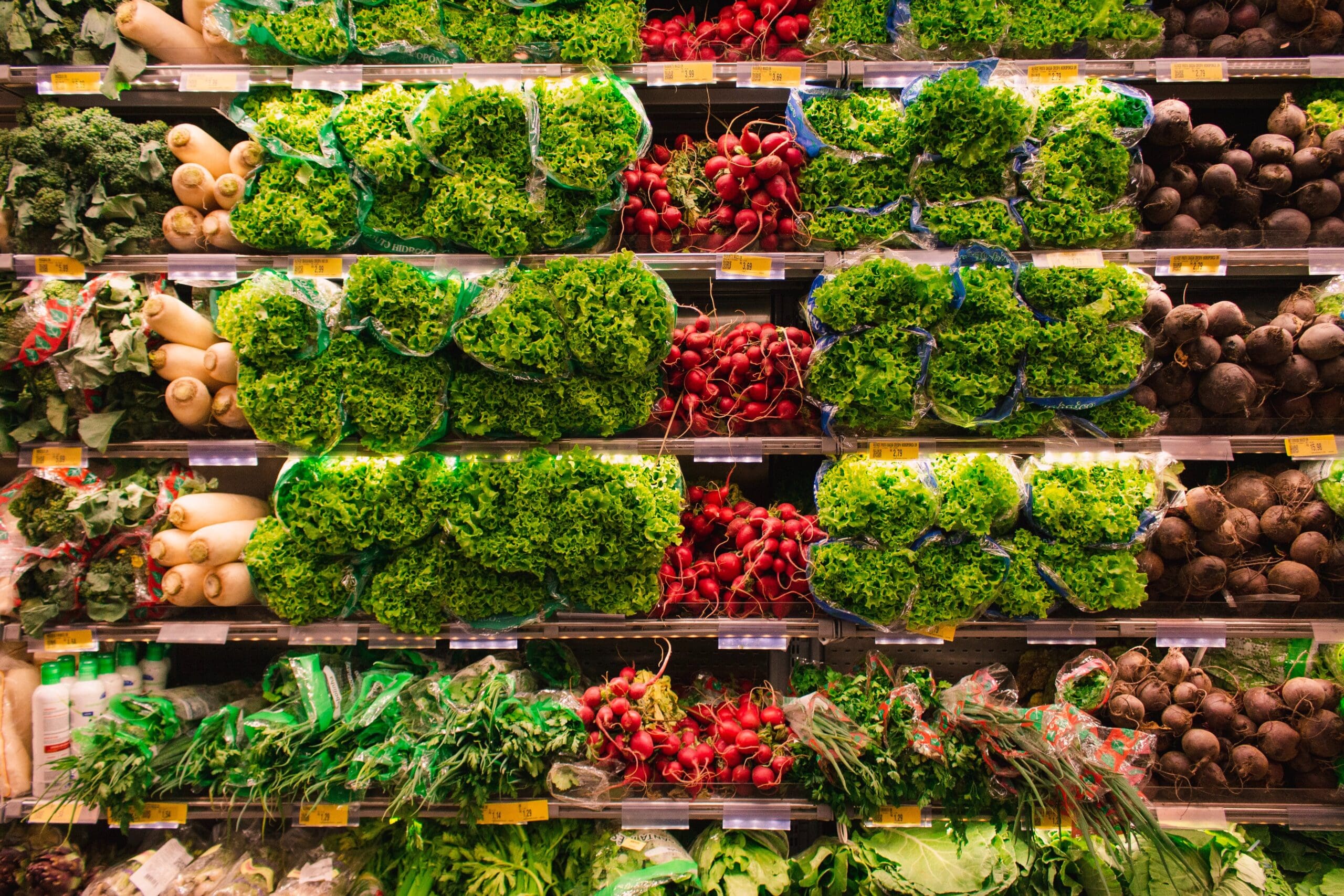From Waste To Wealth: How Circular Economy Is Transforming Agri-Waste In Kenya
As a Kenyan, I have seen firsthand the devastating impact of waste on our environment. The sight of plastic bags and bottles littering our streets and countryside is all too common. However, there is another type of waste that is equally harmful but less visible – agri-waste. This is the waste produced by the agricultural sector, including crop residues, animal manure, and food processing waste. Fortunately, there is a solution to this problem – circular economy. In this article, I will explore how the circular economy is transforming agri-waste in Kenya.

- Impact Hub Nairobi
- Nairobi Team
Introduction to Circular Economy and Waste Management in Kenya
Circular economy is a concept that aims to reduce waste and promote sustainability by keeping resources in use for as long as possible. In a circular economy, waste is seen as a valuable resource that can be reused, recycled, or repurposed. This is in contrast to the traditional linear economy, where resources are extracted, used, and then disposed of.
In Kenya, waste management is a major challenge, particularly in urban areas. According to the National Environment Management Authority (NEMA), Kenya generates over 22,000 tons of waste per day, with only 38% of that waste being collected and disposed of properly. The rest ends up in landfills, rivers, and other public areas, causing pollution and health hazards.

Benefits of Circular Economy in Waste Management
Circular economy offers several benefits for waste management, including:
Reduced environmental impact
By reusing, recycling, and repurposing waste, circular economy reduces the amount of waste that ends up in landfills and other public areas. This, in turn, reduces the environmental impact of waste on the ecosystem.
Reduced costs
Circular economy can also help to reduce the costs associated with waste management. By reusing and recycling waste, businesses can reduce their waste disposal costs and even generate revenue from selling recycled materials.
Increased sustainability
Circular economy promotes sustainability by reducing the need for virgin resources. By keeping resources in use for as long as possible, circular economy helps to conserve natural resources and reduce the environmental impact of resource extraction and production.
"One of the key elements of circular economy thinking is designing-out waste, including and especially from the product inception phase."
Ines Garcia, Sustainable Happy Profit
Case Studies of Successful Waste Management Projects in Kenya
There are several successful waste management projects in Kenya that demonstrate the potential of circular economy in waste management. For example:
Biogas production from animal waste
In Kenya, there are several biogas production plants that use animal waste to generate electricity and cooking gas. One such plant is the Gorge Farm Energy Park, which produces over 2MW of electricity and 4,000 cubic meters of cooking gas per day from animal waste.
Recycling of plastic waste
In Nairobi, there is a social enterprise called EcoPost that recycles plastic waste into environmentally friendly fencing posts. The posts are made from a mix of plastic waste and agricultural waste, such as corn husks and sugarcane bagasse.
Composting of crop residues
In the Rift Valley region of Kenya, a project called the Soil, Food and Health Initiative is promoting the use of composting to manage crop residues. The project provides farmers with training and support to help them turn crop residues into compost, which can then be used to improve soil fertility.
Digital Innovation in Circular Economy
Digital innovation is also playing a key role in circular economy in Kenya. For example:
Waste management apps
There are several waste management apps in Kenya that help to connect waste generators with waste collectors and recyclers. One such app is Mr. Green Africa, which offers waste collection and recycling services to businesses and households.
E-waste recycling
In Nairobi, there is a company called E-Waste Kenya that specializes in the recycling of electronic waste. The company uses digital innovation to track and manage e-waste throughout the recycling process, ensuring that all waste is properly disposed of and that valuable materials are recovered.

Solutions to Agri-waste Management in Kenya
There are several solutions to agri-waste management in Kenya, including:
Biogas production
As mentioned earlier, biogas production from animal waste is a viable solution to agri-waste management. By using animal waste to generate electricity and cooking gas, farmers can reduce their reliance on fossil fuels and improve their income.
Composting
Composting is another solution to agri-waste management. By turning crop residues and other organic waste into compost, farmers can improve soil fertility and reduce the environmental impact of waste.
Recycling
Recycling of agri-waste, such as food processing waste, can also be a viable solution. By recycling waste, businesses can reduce their waste disposal costs and even generate revenue from selling recycled materials.
Challenges in Implementing Circular Economy in Waste Management
Despite the potential benefits of circular economy in waste management, there are several challenges to its implementation in Kenya. These include:
Lack of awareness
Many Kenyans are not aware of circular economy and its potential benefits. This makes it difficult to promote and implement circular economy initiatives.
Lack of infrastructure
Kenya’s waste management infrastructure is inadequate, particularly in rural areas. This makes it difficult to collect and dispose of waste properly.
Limited funding
Circular economy initiatives require significant funding, which can be a challenge in a country with limited resources.
Future of Circular Economy in Waste Management
The future of circular economy in waste management in Kenya looks promising. With the government’s commitment to sustainable development and the growing awareness of circular economy among Kenyans, there is great potential for circular economy initiatives to take hold.
Companies such as Impact Hub Nairobi, provide a circular economy toolkit to help your business model become more sustainable
Final Thoughts
Circular economy offers a promising solution to the problem of agri-waste in Kenya. By reusing, recycling, and repurposing waste, circular economy can reduce the environmental impact of waste and promote sustainability.
However, there are several challenges to its implementation, including a lack of awareness, lack of infrastructure, and limited funding. Nevertheless, with the government’s commitment to sustainable development and the growing awareness of the circular economy among Kenyans, the future of circular economy in waste management in Kenya looks promising.
Discover how Digital Platforms are transforming Agriculture in Kenya
The Transformative Role Of Digital Platforms In Empowering Kenyan Farmers For Equity And Inclusion
You also might like

Unveiling the Hidden Impact of E-Waste
Unveiling the Hidden Impact of E-Waste

Get to Grips: A Comprehensive Guide to Mental Health Resources in Nairobi
Get to Grips: A Comprehensive Guide to Mental Health Resources in Nairobi


